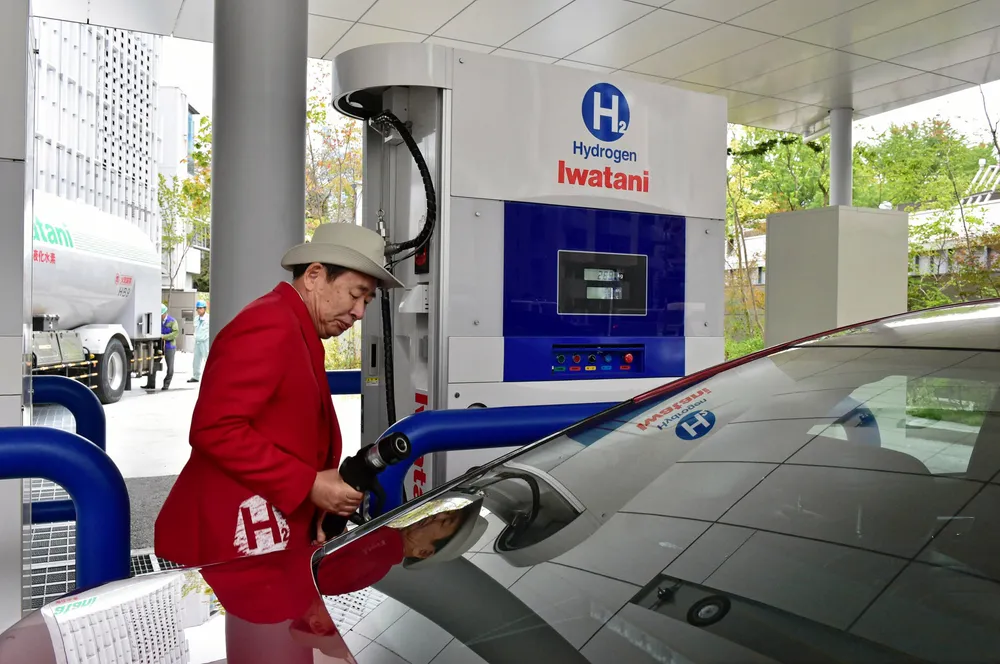Price hike | Hydrogen vehicle drivers to be charged 33% more for fuel at majority of H2 filling stations in Japan
Rising operating costs and global inflation blamed for higher prices at 96 of country’s 161 refuelling stops

Rising operating costs and global inflation blamed for higher prices at 96 of country’s 161 refuelling stops
